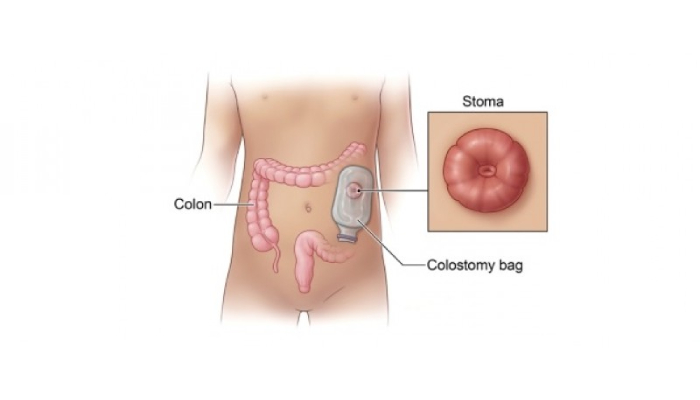Overview
Colectomy is a surgical procedure to remove all or part of your colon. Your colon, part of your large intestine, is a long tubelike organ at the end of your digestive tract. Colectomy may be necessary to treat or prevent diseases and conditions that affect your colon. There are various types of colectomy operations: Total colectomy involves removing the entire colon, Partial colectomy involves removing part of the colon and may also be called subtotal colectomy, Hemicolectomy involves removing the right or left portion of the colon, Proctocolectomy involves removing both the colon and rectum.
If you experience persistent abdominal pain, rectal bleeding, or digestive issues, consult Dr. Ujwal Zambare, a leading Gastroenterologist & Colorectal Surgeon in Wakad, Pune, for expert diagnosis and treatment.

Risk Factors
Colectomy carries a risk of serious complications. Your risk of complications is based on your general health, the type of colectomy you undergo and the approach your surgeon uses to perform the operation. In general, complications of colectomy can include:
- Bleeding
- Blood clots in the legs (deep vein thrombosis) and the lungs (pulmonary embolism)
- Infection
- Injury to organs near your colon, such as the bladder and small intestines
- Tears in the sutures that reconnect the remaining parts of your digestive system
Laparoscopic Colectomy
Laparoscopic colectomy, also called minimally invasive colectomy, involves several small incisions in your abdomen. Your surgeon passes a tiny video camera through one incision and special surgical tools through the other incisions. The surgeon watches a video screen in the operating room as the tools are used to free the colon from the surrounding tissue. The colon is then brought out through a small incision in your abdomen. This allows the surgeon to operate on the colon outside of your body. Once repairs are made to the colon, the surgeon reinserts the colon through the incision. The type of operation you undergo depends on your situation and your surgeon’s expertise. Laparoscopic colectomy may reduce the pain and recovery time after surgery. But not everyone is a candidate for this procedure. Also, in some situations your operation may begin as a laparoscopic colectomy, but circumstances may force your surgical team to convert to an open colectomy.
